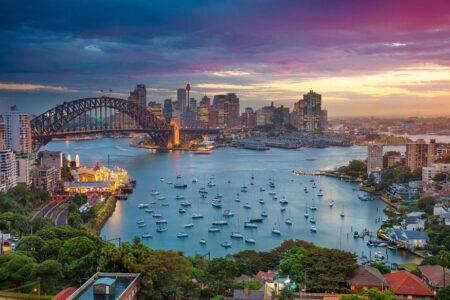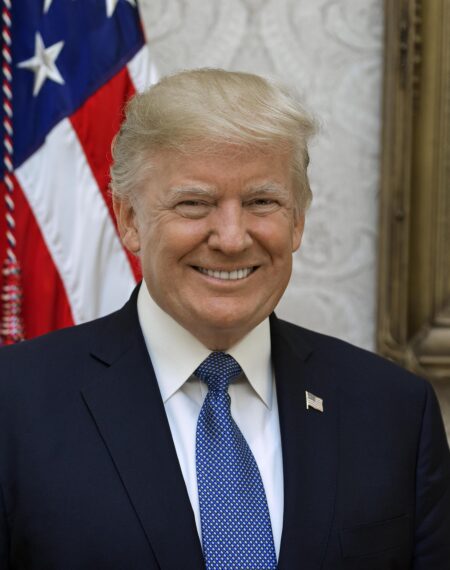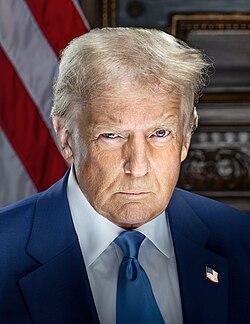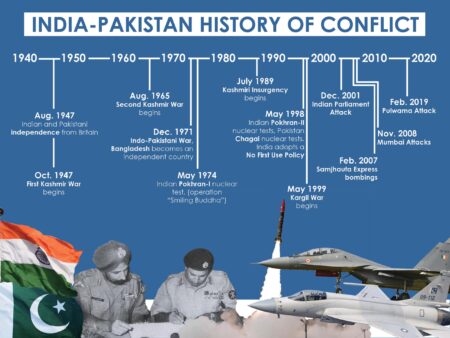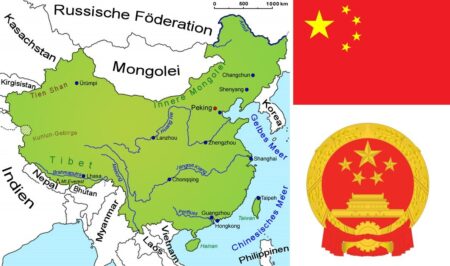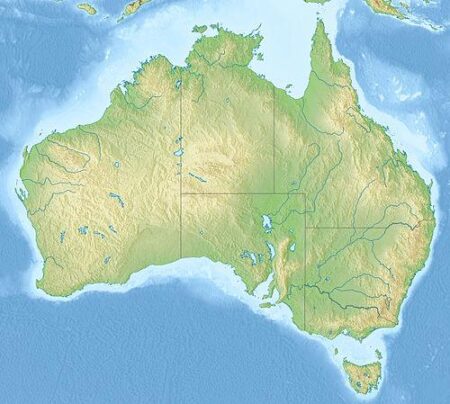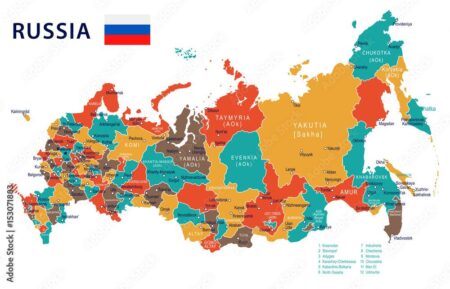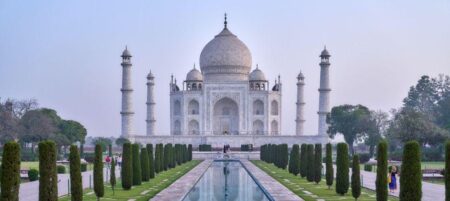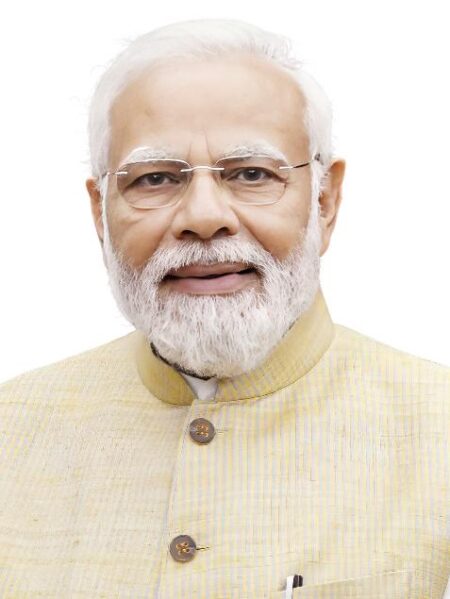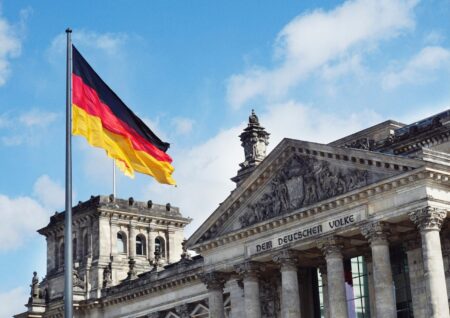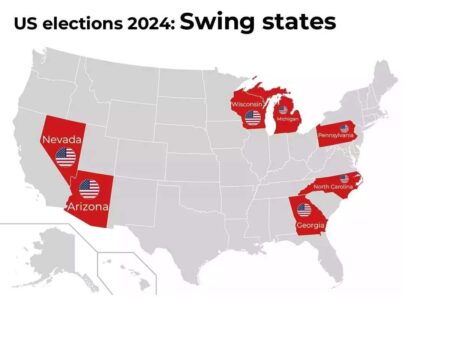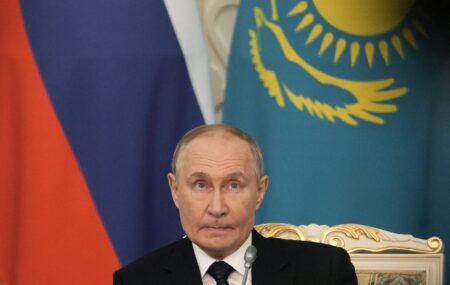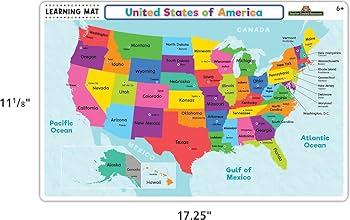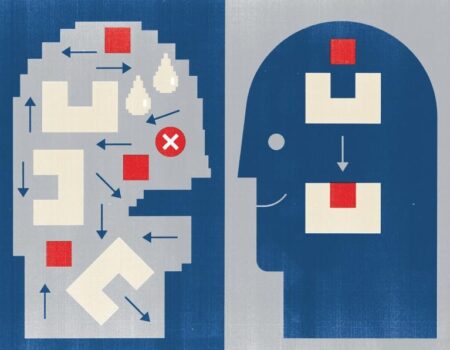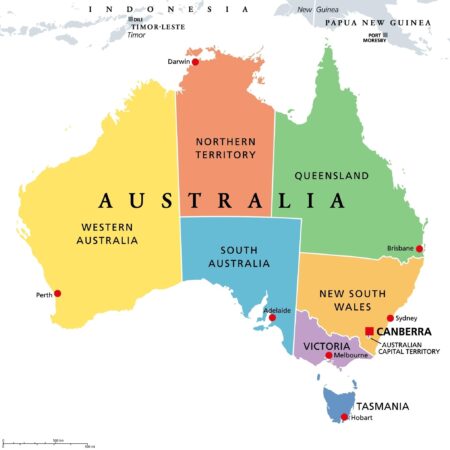Australia is taking a fresh look at its alliance with the US as political tides shift under Trump’s America. Questions arise about the future of this historic partnership and its impact on security throughout the region
Browsing: political analysis
Russia’s Pearl Harbor” vividly captures the breathtaking surprise of Ukraine’s counteroffensive, channeling the bold spirit embodied by Trump’s “Golden Dome”-a striking symbol of strength and resilience. This compelling comparison reveals evolving narratives in global power and symbolism
In “Trump’s Vision: One World, Three Powers?” The New York Times delves into former President Trump’s bold geopolitical vision, spotlighting his drive to reshape the world order around three dominant powers: the U.S., China, and Russia
At a pivotal moment for U.S.-Russia relations, President Trump’s upcoming decision has the potential to dramatically alter the geopolitical landscape. With tensions on the rise, analysts are keenly observing the administration’s strategy, eagerly anticipating actions that could resonate across the globe.
As tensions soar between India and Pakistan, fears grow over the possibility of a conflict spiraling into a full-scale war. Both nations are ramping up their military strength, while diplomatic relations continue to fray. The world watches with bated breath, anxious about what might unfold.
In a recent address, Chinese officials passionately underscored the importance of national unity. However, analysts caution that Beijing’s ambitions may eclipse the diverse interests of its regions. As the government fervently advocates for cohesion, intriguing questions emerge about the genuine balance of power within this vast nation.
In a remarkable turn of events, Australian politics is buzzing with a fresh emphasis on climate policy as the government commits to ramping up its emission reduction targets. With the election season heating up, the call for decisive action from the public is becoming impossible to ignore.
Russia is gearing up for another round of sanctions, ramping up the pressure on its already beleaguered economy. Yet, President Putin has faced economic hurdles in the past and may have a few tricks up his sleeve to soften the blow once more.
Javier Milei, Argentina’s president-elect, is making waves with his electrifying rhetoric and unique flair. Frequently donning a striking lion-themed wig, this libertarian economist presents himself as a fierce champion against the establishment, vowing to usher in groundbreaking change for a nation in need of revival
In her latest article for The Guardian, Gabrielle Chan delves into the intriguing idea that stepping away from the Liberals could breathe new life into the National Party’s grassroots charm. She passionately contends that embracing rural priorities might just restore the true spirit of Australia’s rural representation
In the wake of India’s recent outreach to the Taliban, China has ramped up its diplomatic efforts with both Pakistan and Afghanistan. This gathering highlights the shifting regional dynamics and strategic interests at play, as countries strive to forge stronger alliances in an ever-evolving landscape of geopolitical tensions
In “Modi’s Escalation Trap,” The Atlantic delves into the delicate power dynamics shaped by India’s Prime Minister Narendra Modi. With tensions mounting alongside its neighbors, experts caution that a confrontational stance might trigger unforeseen repercussions and spark regional instability
Germany’s new government is set to revolutionize the economy by prioritizing green initiatives and embracing digital transformation. Experts are buzzing with excitement over anticipated investments that could ignite robust growth, while potential tax reforms promise to reshape fiscal policies in the coming years.
With the 2024 election on the horizon, swing states such as Arizona, Georgia, and Wisconsin are capturing national attention. These states are not just battlegrounds; they embody a dynamic shift in demographics and political affiliations. A closer look at voting trends unveils a fascinating transformation in areas once firmly red or blue, sparking intriguing questions about their evolving influence in the landscape of American politics.
Russia and Ukraine are gearing up for a pivotal meeting that could reshape their ongoing tensions. Yet, uncertainty looms over who will be in attendance. With global leaders keeping a watchful eye, the stakes have never been higher for both nations. Stay tuned for the latest updates!
In a world filled with unpredictability, the intriguing question arises: does the United States truly ‘need’ Canada? With their economies deeply connected and a sprawling border uniting them, Canada is becoming an essential partner for the U.S., especially when it comes to security and trade.
In a surprising turn of events, the Calwell seat may experience delays in results for weeks as officials tackle an array of unprecedented challenges in the counting process. This election is shaping up to be a pivotal moment in Australian electoral history, leaving us with intriguing uncertainties on the horizon.
In a remarkable twist of fate, Australia’s Prime Minister has clinched a second term, surprising many and triumphing over formidable obstacles. This victory highlights the evolving political landscape as voters unite in support of a revitalized leadership and an inspiring policy vision.
U.S. relations with Argentina are more crucial than ever, centering on vibrant trade partnerships, regional security initiatives, and the urgent fight against climate change. Recent discussions have underscored a mutual dedication to democracy and sustainable development, as both countries strive to deepen their bilateral connections.
In a biting assessment, Newsweek takes aim at Javier Milei’s leadership, claiming that his extreme economic strategies have only deepened Argentina’s financial crisis and fueled social unrest. Detractors contend that his methods have resulted in soaring poverty levels and heightened instability throughout the country.

